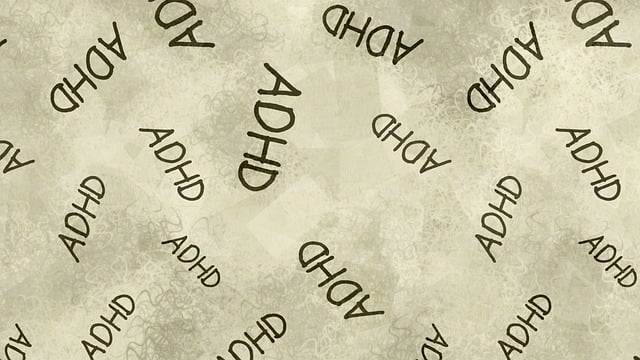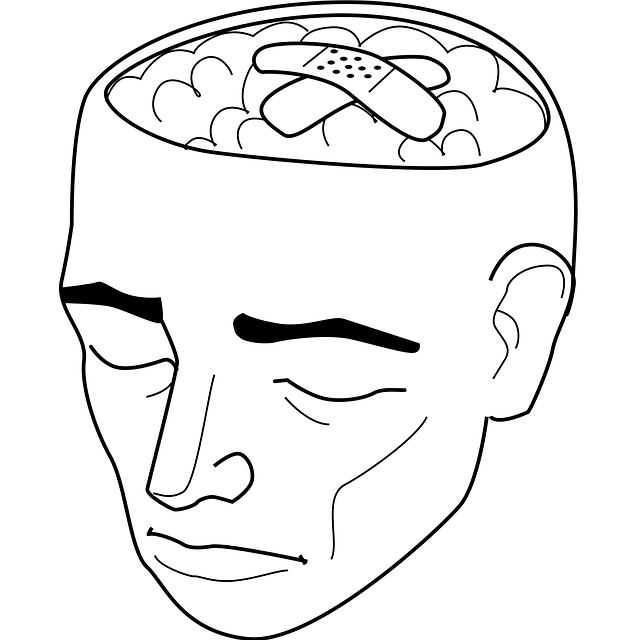Westminster Children Therapy offers specialized Crisis Intervention Team (CIT) training, focusing on empowering mental health professionals to handle youth crises effectively. Their comprehensive program covers de-escalation, cultural sensitivity, and emotional well-being promotion, ensuring safer interventions and improved mental health outcomes for vulnerable youth. Through hands-on simulations and evidence-based strategies, Westminster Children Therapy distinguishes itself as a leader in CIT training, contributing to stronger communities.
Crisis intervention teams (CITS) play a vital role in providing immediate support during mental health crises. This article explores the critical importance of CIT training, focusing on programs like Westminster Children Therapy, specializing in specialized programs for fragile youth. We delve into the essential elements of effective training, highlighting skills and strategies that empower teams to navigate challenging situations with empathy and professionalism. Discover why high-quality CIT training is an indispensable resource for communities seeking enhanced mental health support.
- Understanding Crisis Intervention Teams: A Key Component in Mental Health Support
- Westminster Children Therapy: Specializing in Critical Training for Fragile Youth
- Essential Elements of Effective Crisis Intervention Team Training Programs
Understanding Crisis Intervention Teams: A Key Component in Mental Health Support

Crisis Intervention Teams (CITs) are a crucial component in providing effective mental health support, particularly in high-risk situations involving individuals experiencing severe emotional distress or suicidal ideation. These specialized teams, often comprising mental health professionals, law enforcement officers, and emergency medical personnel, collaborate to de-escalate crises and offer immediate, comprehensive care. At Westminster Children Therapy, we recognize the critical role CITs play in our communities, which is why we prioritize training programs that equip team members with essential skills for navigating complex emotional landscapes.
Through comprehensive training, including risk management planning, compassion cultivation practices, and advanced communication strategies, CIT members learn to respond effectively while prioritizing both the safety of the individual in crisis and their own well-being. By fostering a culture of empathy and understanding, these programs enhance the team’s ability to connect with individuals in distress, building trust that is essential for successful intervention. Effective CIT training ensures that professionals are prepared to handle a wide range of situations, ultimately contributing to improved mental health outcomes and stronger, more resilient communities.
Westminster Children Therapy: Specializing in Critical Training for Fragile Youth

Westminster Children Therapy stands out for its specialized approach to crisis intervention team training, focusing on vulnerable youth. Their programs are meticulously designed to equip professionals with the skills needed to support young individuals facing emotional crises within a culturally sensitive framework. By integrating principles of Cultural Sensitivity in Mental Healthcare Practice, this therapy ensures that interventions are tailored to meet the unique needs of diverse populations, fostering trust and effective communication.
Through their comprehensive Crisis Intervention Guidance, participants learn evidence-based strategies for de-escalation and emotional regulation. Additionally, Westminster Children Therapy imparts Emotional Well-being Promotion Techniques that go beyond immediate crisis management, aiming to empower professionals to facilitate long-term resilience and mental health in young clients.
Essential Elements of Effective Crisis Intervention Team Training Programs

Effective crisis intervention team (CIT) training programs are integral to equipping mental health professionals with the skills needed to manage and de-escalate high-risk situations, especially when dealing with children in distress. A well-structured CIT training curriculum should incorporate several essential elements to ensure its impact. Firstly, these programs must emphasize practical, hands-on simulations that replicate real-life crisis scenarios. By engaging participants in role-playing exercises, they gain valuable experience in applying evidence-based de-escalation techniques and communication strategies. Such interactive learning fosters a deeper understanding of complex situations and promotes confidence in handling crises effectively.
Additionally, integrating Risk Management Planning for Mental Health Professionals into the training is vital. This involves teaching professionals to identify warning signs, assess risks, and implement appropriate safety measures. Depression Prevention and Self-Awareness Exercises also play a significant role in CIT training, as they help professionals recognize their emotional responses during crises and manage personal stress, ensuring they remain calm and effective. These elements collectively contribute to the overall success of crisis intervention teams, enabling them to provide timely, compassionate, and professional support at Westminster Children Therapy and similar settings.
Crisis intervention team (CIT) training programs, such as those offered by Westminster Children Therapy, are vital in equipping professionals with the skills to support vulnerable individuals during mental health crises. By focusing on specialized training for fragile youth, these programs ensure that teams are prepared to handle complex situations effectively. Through comprehensive instruction on essential elements like communication, de-escalation techniques, and collaborative problem-solving, CIT training empowers caregivers to make a tangible difference in the lives of those facing severe emotional distress.














